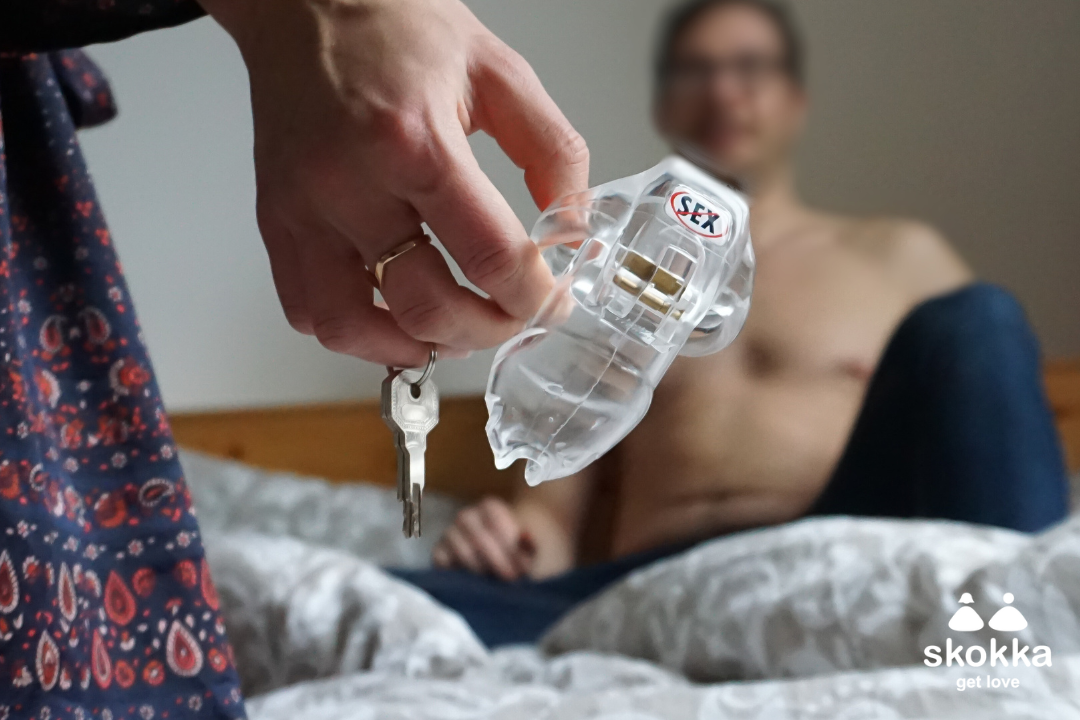It is widely known that sex is a pleasurable activity. And it could not be otherwise, since sexual intercourse brings many benefits to people. But on the other hand, there are also sexual lesions to consider.
Sex reduces stress, provides wellbeing and even improves the skin’s viscosity. How? It’s simple…During sex, the brain’s reward system is activated, producing that intense feeling of pleasure, as well as releasing the happiness hormones, which, as the name suggests, are responsible for this sensation.
Studies show that people who are sexually active are happier and less likely to develop certain types of diseases, such as coronary heart disease, for example. In addition, evidence also shows that couples who have sex frequently tend to stay together longer.
However, while no one should give up pleasure, a little caution should be exercised. This is because the heat and passion of the moment can often lead people to neglect their bodies and become susceptible to injury.
Like any physical activity, sexual practice involves the physical preparation of those involved and depending on the place, the intensity, or even factors external to the couple, can lead to sexual lesions in different parts of the body.

What are the most common ones during sex?
1) Skin abrasions and irritations
Who hasn’t had or knows someone who has had body parts such as knees and elbows bruised or even injured after a sex session? Rubbing the body against the sheets, carpet or even the floor can cause damage to these areas where the skin is so delicate.
2) Cramps due to sexual lesions
Spasms are usually temporary and do not cause more serious problems. There is, however, a need to pause until the muscle recovers so as not to cause further injury such as stiffness, which often occurs in the calves.
3) Bruising
The intensity of passion can leave marks… literally. Bruising is one of the most common sex injuries, so it’s important to be careful. A rough caress or even an innocent bite on the neck can leave uncomfortable bruises.
4) Muscle strain
Repetitive movements, over a long period of time, or even practising a more daring sexual position can cause some strain. It is therefore advisable to be aware of your body’s limits and to stop in case of pain.
5) Injury to intimate organs
Both the penis and vagina need an adequate level of lubrication to protect them from damage. Lack of moisture, either through the use of the wrong substances or through lack of stimulation, can lead to sexual lesions during penetration and after sex. Water-based lubricants are best suited to facilitate penetration and minimise friction. The same applies to the anus. These are sensitive areas that need proper stimulation in order to enjoy them without regrets later on.

6) Heart attacks
As mentioned above, sex is a bodily activity and therefore people with heart problems are susceptible to heart attacks during sexual intercourse. The use of certain medications, such as erection stimulants, for example, can further increase this risk.
7) Sexual lesions caused by inappropriate use of objects
Hospitals have received many people with condoms, erotic products or even food trapped in their body. One must always keep in mind that certain materials may be difficult to remove or even inappropriate for sexual use.
8) Sexual lesions on the penis or “broken” penis
Penile fracture is not as common as other injuries, although it can occur. Factors such as sexual intercourse in a dominant position, where the woman is on top of the man, or even intense masturbation, can cause this damage.
This can be very uncomfortable, with pain and a change in colour of the member.
9) Sexual lesions causing breaking bones
These sexual lesions are usually the result of a fall or a bump. They are usually caused by slipping or even excessive force in bed, for example.
How to protect oneself from sexual injury
Sexual injuries are often caused by external factors, such as hitting a piece of furniture or falling out of bed; however, there are also many that can be avoided by taking precautions. How? By increasing the body awareness of oneself and one’s sexual partner, understanding each other’s limits and discussing any points of discomfort in order to avoid sexual lesions.
Pillow use to make certain positions more comfortable, the use of lubricant and avoiding sudden movements can help prevent sexual lesions.
In the end, it is important to be aware of the potential dangers, protect oneself and enjoy the moment to the fullest, as this is what everyone wants when connecting sexually with someone.







